
Comprehensive
Chromosome Sequencing
for Multiple Purposes
For Miscarriage Analysis | Prenatal Diagnosis | Chromosomal Abnormality Confirmation
High Prevalence of Chromosomal Abnormalities in Early Miscarriage
15-25%
Clinically, spontaneous abortion incidents occur.[1]
>80%
Spontaneous miscarriage occurs in the first trimester.[2]
88-93%
Pathogenic duplication / deletion > 1M
50~60%
Spontaneous miscarriage in the first trimester due to chromosomal abnormalities.
61,1%
The embryo has chromosomal abnormalities, most of which are chromosomal aneuploidies.[3]
7-12%
Pathogenic duplication / deletion ≤ 1M

What?
NALEYA®CNV-Seq is a genetic testing service that uses low coverage Whole Genome Sequencing (WGS) technology to detect Copy Number Variation (CNV) or changes in the number of copies of chromosome parts that occur due to deletion (loss) or duplication (addition) of DNA segments.
This examination can be performed before, during, or after pregnancy to identify the risk of chromosomal abnormalities that can cause miscarriage, fetal malformations, severe birth defects, and significant intellectual and physical disabilities.
Prenatal diagnostic testing is used to confirm the results of high-risk screening tests, including those with a family history of chromosomal abnormalities, and to ensure that the fetus does not carry significant chromosomal changes. This testing can also be used to investigate the causes of infertility and miscarriage.
Why?
Prenatal diagnostic testing is used to confirm the results of high-risk screening tests, including those with a family history of chromosomal abnormalities, and to ensure that the fetus does not carry significant chromosomal changes. This testing can also be used to investigate the causes of infertility and miscarriage.
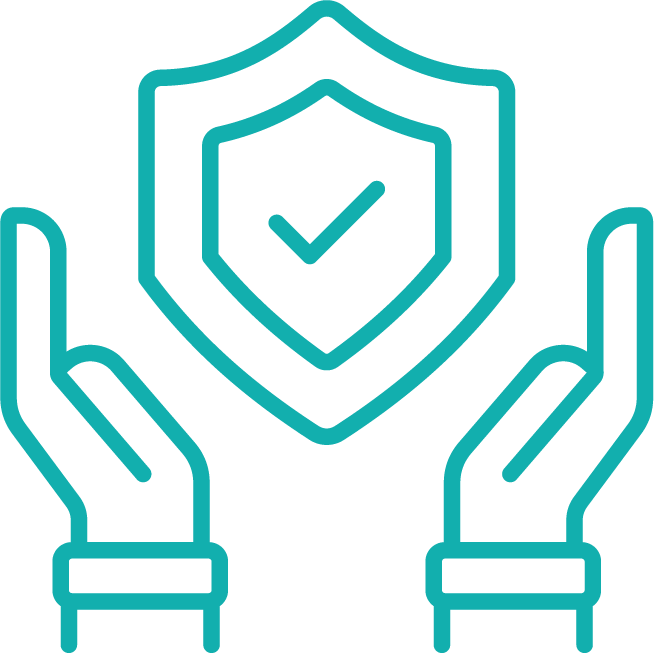
Experienced and Trusted
50K+ samples have been processed in the laboratory 15K+ positive cases detected
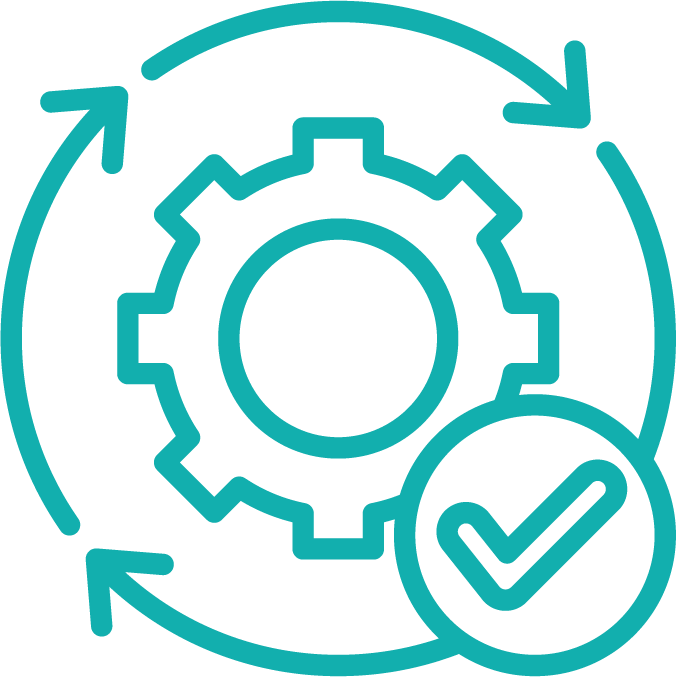
Comprehensive
Can detect all chromosomal abnormalities as a whole as well as deletions and duplications
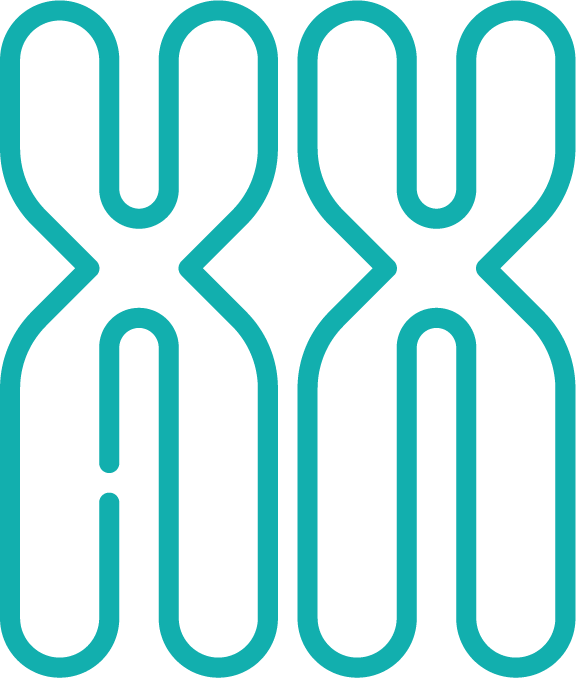
High Resolution Detection
Can detect chromosomes with high sequencing resolution up to 100Kb
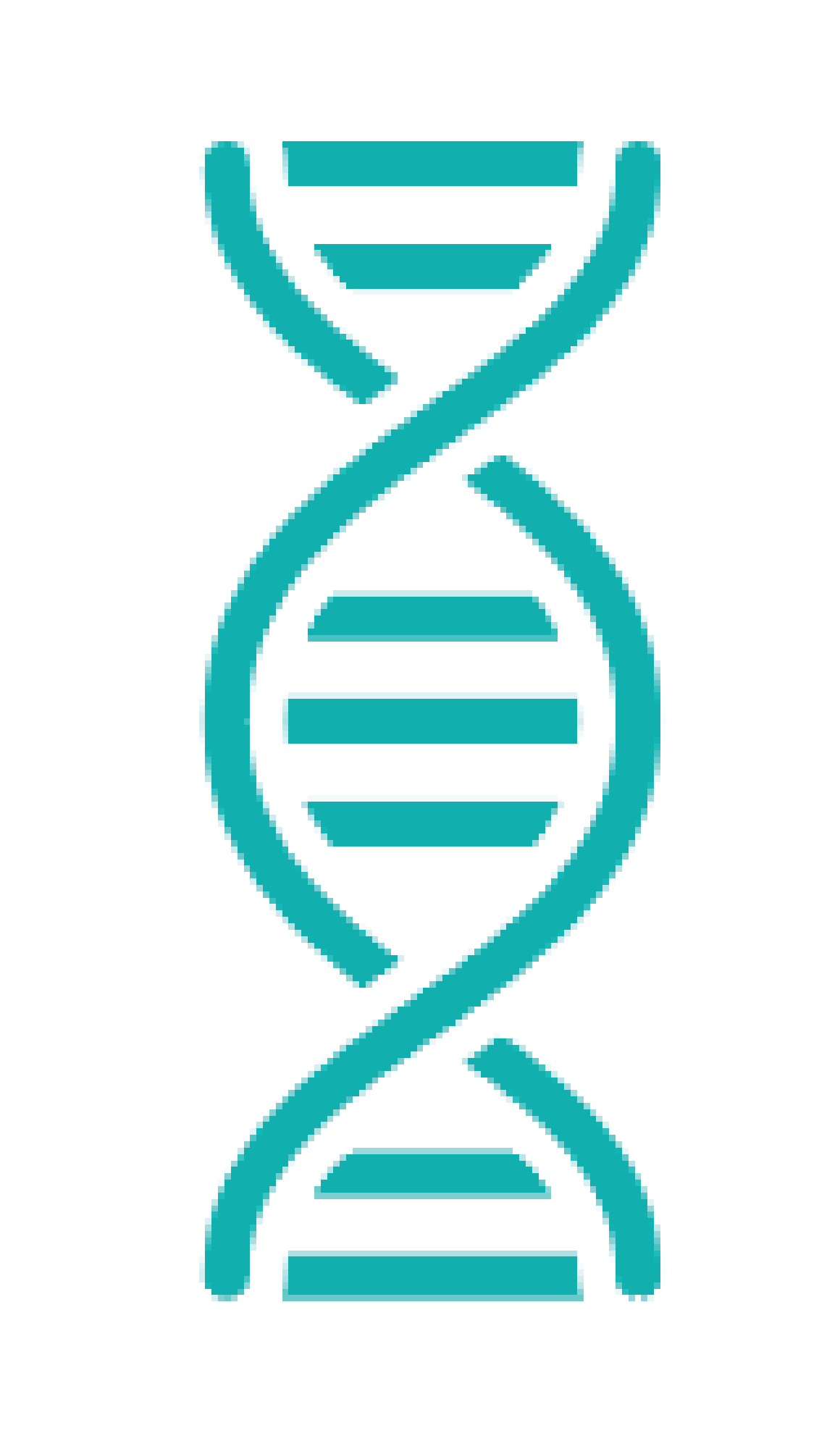
The First and Only in Indonesia
Chromosome examination based on Copy Number Variation Sequencing (CNV-seq) technology
Detectable Conditions
NALEYA®CNV-Seq 1M
- Aneuploidy of all chromosomes
- Deletion or duplication >1Mb
NALEYA®CNV-Seq 100K
- Aneuploidy of all chromosomes
- Deletion or duplication >100kb
Who Should Do It
- Need confirmation of high-risk screening test results (ex: confirmation of NIPT test results)
- Have experienced recurrent miscarriages
- The ultrasound results show that the fetus has an abnormal condition
- Suspected of having a chromosomal abnormality
- Women aged over 35 years
Sample Processing Time
21 Working Days
Sample
- Abortion tissue
- Umbilical cord blood (gestational age ≥12 weeks)
- Blood sample
- DNA sample
- Amniotic fluid
Technology
Low-coverage Whole Genome Sequencing (WGS)
How to Get
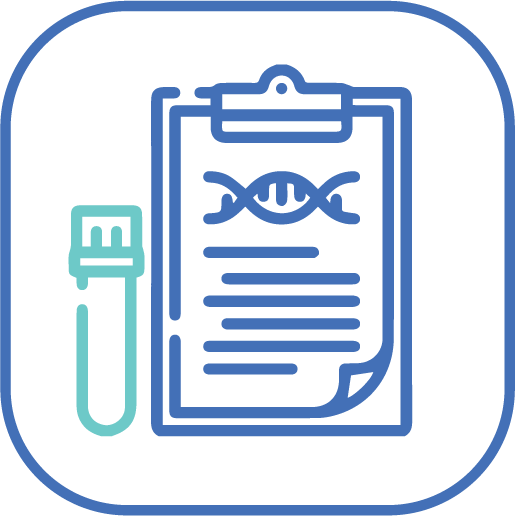
Step 1
Conduct genetic pre-counseling and fill out the consent form
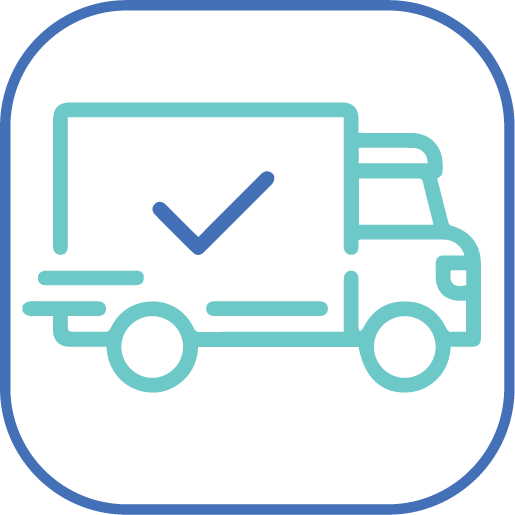
Step 2
Take samples and send them to the laboratory
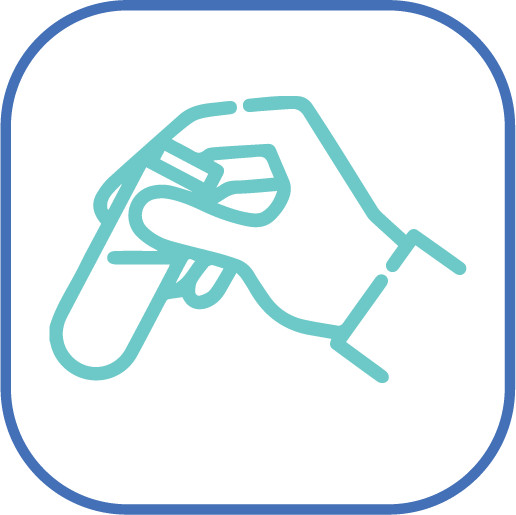
Step 3
Samples are processed in the laboratory

Step 4
Results received within 21 working days

Step 5
Conducting post-genetic counseling
Sample Requirements
With 5 Types Viable Options of Samples
Abortion Tissues
SAMPLE CONTAINER
RNA sample preservation reagent (previously washed with NS or PBS until clear)
SAMPLE VOLUME
The tissue must be intact, weight >100mg
Amniotic fluid
SAMPLE CONTAINER
Corning tube 15 mL
SAMPLE VOLUME
≥ 10mL
Umbilical Cord Blood
SAMPLE CONTAINER
EDTA Tube
SAMPLE VOLUME
≥ 1mL
Peripheral Blood
SAMPLE CONTAINER
EDTA Tube
SAMPLE VOLUME
Children and adults ≥ 2 mL
Infants ≥ 1 mL
DNA
SAMPLE CONTAINER
1.5mL EP Tube
SAMPLE VOLUME
≥ 100 ng
How We Process The Sample
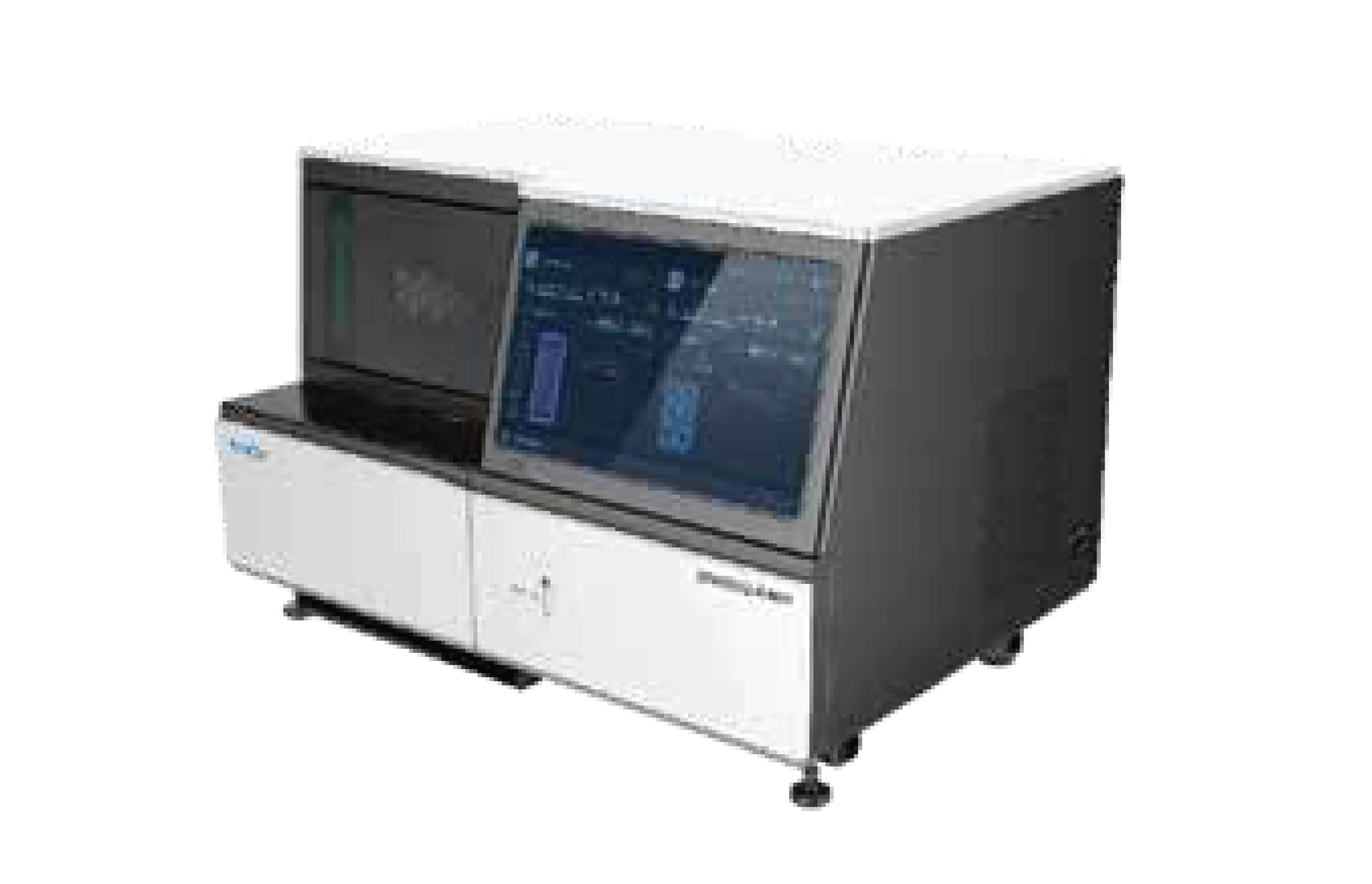
NALEYA®CNV-Seq 1M/100K combines high-throughput sequencing technology with bioinformatics analysis to obtain accurate information about abnormalities across all 24 chromosome pairs.
Next-Generation Sequencing can detect chromosomal abnormalities, including aneuploidy across all chromosomes, deletions, and duplications.
NALEYA®CNV-Seq 1M
For individuals with recurrent miscarriage (less than 12 weeks with spontaneous miscarriage)
NALEYA®CNV-Seq 100K
For individuals with :
- High-risk prenatal screening results
- Spontaneous miscarriage more than 12 weeks, stillbirth
- Abnormal ultrasound, such as the detection of fetal structural abnormalities
- Chromosomal abnormalities, suspected chromosomal abnormalities
Comparison of CNV-Seq with Conventional Technologies
Aspect
Karyotyping
CMA
(Microarray)
CNV-seq
Detection Coverage
Detection of major abnormalities in chromosome structure & number
Detection of abnormalities that are already designed into the chip
Widespread genomic aneuploidy & CNV detection
Speed & Capacity
Long process, requires cell culture
Low capacity, unable to meet the increasing demand for prenatal diagnosis
Fast processing, high capacity, so it can meet the increasing demand for prenatal diagnosis
Mosaicism Detection
Detection of low-level mosaicism
Detection of mosaicism ≥30%
Mosaicism detection as low as 10%
Cost
The cost is quite high due to the manual process
High costs due to low capacity
More efficient and affordable costs for large scale
Sample Requirements
Need live cell samples for culture process
Input DNA minimum 200 ng
Only 10–50 ng of DNA is needed, without cell culture

